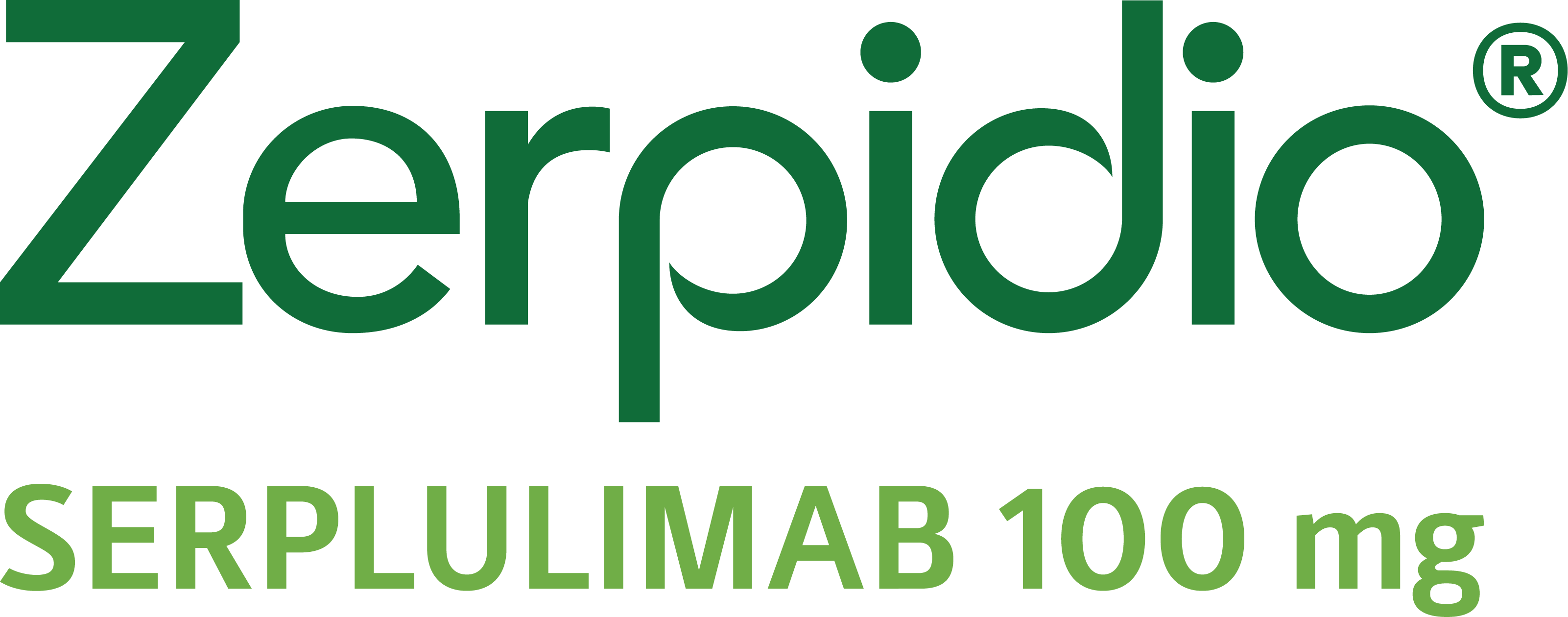Important Safety Information
Tell your doctor if:
You have a history of :
Allergic reaction to other monoclonal antibody therapies
Kidney damage
Autoimmune disease
Organ transplant
Lung problems or breathing problems
Liver problems
You are pregnant or plan to become pregnant
You are allergic to any other medicines or any other substances such as foods, preservatives or dyes.
Tell your doctor or nurse immediately if you have any signs or symptoms below:
Inflammation of the lungs: new or worsening cough, shortness of breath, or chest pain;
Inflammation of the liver: nausea or vomiting, feeling less hungry, pain on the right side of your stomach, yellowing of skin or whites of eyes, drowsiness, dark urine or bleeding or bruising more easily than normal;
Inflammation of the intestines: diarrhoea or more bowel movements than usual, or stools that are black, tarry or sticky with blood or mucus, severe stomach pain or tenderness;
Inflammation of glands (especially the thyroid, adrenal, pituitary and pancreas): fast heart rate, extreme tiredness, weight gain or weight loss, dizziness or fainting, hair loss, feeling cold, constipation, headaches that will not go away or unusual headaches, abdominal pain, nausea and vomiting;
Type 1 diabetes: high blood sugar, feeling more hungry or thirsty than usual, passing urine more often than usual, fast and deep breathing, confusion, or a sweet smell to your breath, a sweet or metallic taste in your mouth or a different odour to your urine or sweat;
Inflammation of the kidneys: decrease in the amount of urine you pass;
Inflammation of the skin: rash, itching, skin blistering, or ulcers in the mouth or on another moist surfaces;
Inflammation of the heart muscle: chest pain, shortness of breath, or irregular heartbeat;
Inflammation of the eyes;
Inflammation or problem of the muscles: muscle pain, or weakness, or rapid fatigue of the muscles;
Infusion-related reactions: chills or shaking, itching or rash, flushing, shortness of breath or wheezing, dizziness or fever ;
Inflammation of the brain (encephalitis) or inflammation of the membrane around the spinal cord and brain (meningitis): seizure, neck stiffness, headache, fever, chills, vomiting, eye sensitivity to light, confusion and sleepiness;
Inflammation of the nerves: pain, weakness, and paralysis in the extremities (Guillain-Barre syndrome)
Low number of platelets: bleeding (nose or gum bleeding) and/or bruising.
Zerpidio should not be used in children and adolescents under 18 years of age. The safety and efficacy of Zerpidio in children and adolescents below 18 years of age have not been established. No data are available.
The use of Zerpidio during pregnancy and breast-feeding is not recommended. If you think you may be pregnant or are planning to have a baby, ask your doctor for advice before taking this medicine.
The most frequent adverse events of Zerpidio in combination with carboplatin and etoposide for treatment in adults with extensive-stage small cell lung cancer include neutropenia, leukopenia, and anemia.
The most frequent adverse events of Zerpidio in combination with carboplatin and nanoparticle albumin bound paclitaxel for treatment in adult patients with advanced squamous non-small cell lung cancer (metastasis/locally advanced) include anaemia, neutrophil count decreased, and white blood cell count decreased.
These are not all the possible side effects of Zerpidio. Talk to your health care provider for medical advice about side effects.
Please read the accompanying Medication Guide for Zerpidio and discuss it with your doctor. The physician Prescribing Information also is available.
